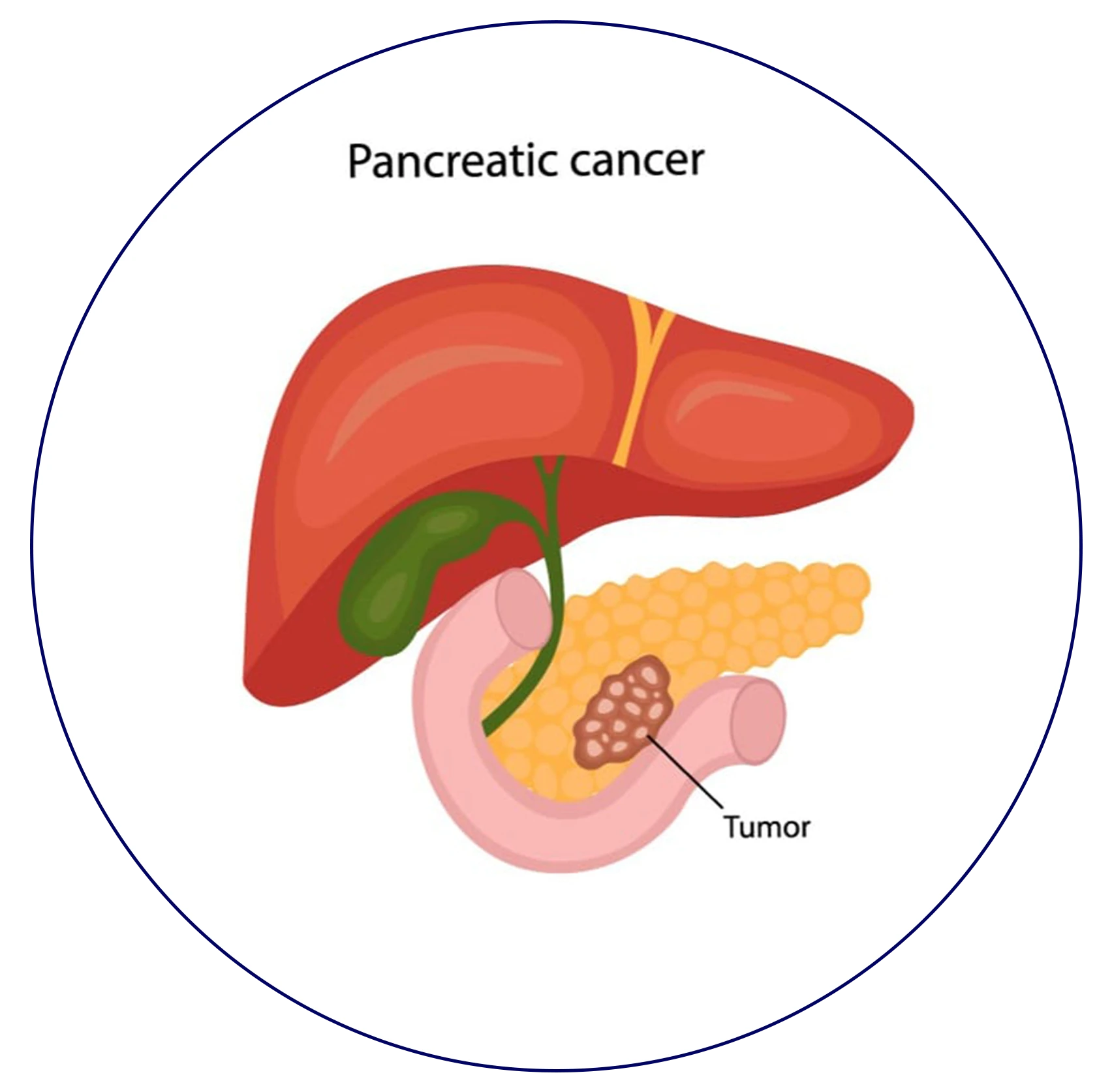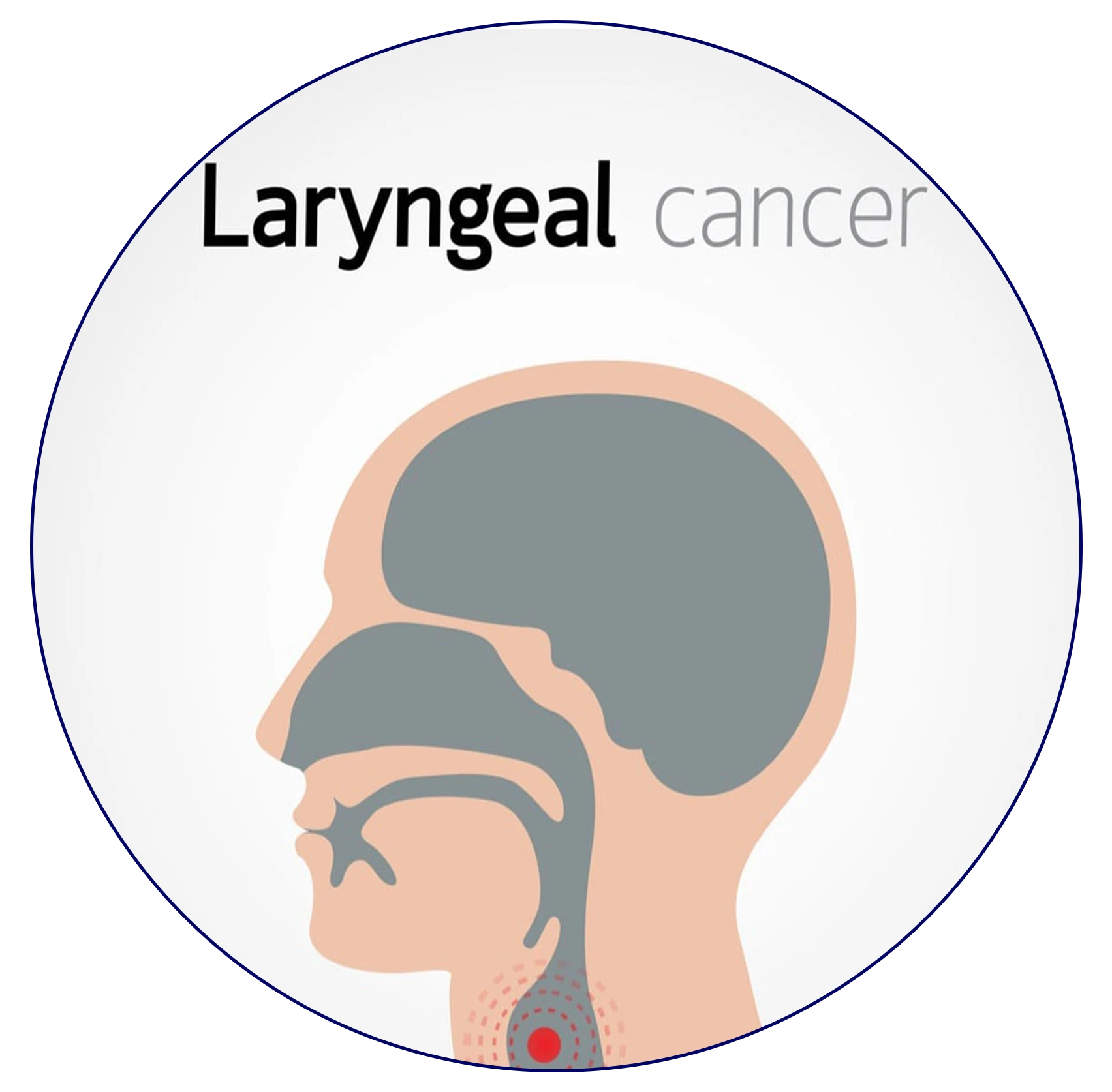

Clinic

M.S. (GMC MIRAJ)
M.ch. Oncosurgery (BJMC GUJARAT CANCER INSTITUTE) Reg. No. 2012/04/0987

Preventive Surgery
Curative Surgery
Staging Surgery
Supportive Surgery
Welcome To
Best Cancer Hospital Aurangabad
At OncoRelief Cancer Clinic, we prioritize compassionate care, ensuring that every patient receives the support and understanding they need throughout their journey. Our team of experienced medical professionals is committed to delivering accessible, high-quality, and cost-effective healthcare to all individuals seeking treatment.
Choose OncoRelief Cancer Clinic as your trusted partner in the fight against cancer. With our expertise and unwavering dedication, we strive to provide the best possible care for our patients in Aurangabad and beyond.

Types of Cancer Surgeries We Provide
We are a premier Cancer hospital in Aurangabad, offering a comprehensive range of surgical services to cater to the different stages and needs of cancer patients. Our services include:
Surgery
- Preventive Surgery : As a leading cancer hospital in Aurangabad, we specialize in preventive surgeries that help mitigate the risk of developing cancer. Our expert surgeons perform procedures to remove precancerous tissues and reduce the chances of cancerous growth.
- Curative Surgery : We excel in curative surgeries aimed at removing cancerous tumours or tissues from the body. Our skilled surgical team focuses on achieving the complete eradication of cancer and ensuring long-term remission for our patients.
- Staging Surgery : Staging Surgery: Accurate staging of cancer is crucial for determining the appropriate treatment approach. Our cancer hospital in Aurangabad offers staging surgeries to assess the extent and spread of cancer within the body, enabling our specialists to plan the most effective treatment strategy.
Surgery
- Reconstructive Surgery : Reconstructive Surgery: We understand the importance of restoring both physical appearance and functionality after cancer surgery. We provide exceptional reconstructive surgeries, helping patients regain confidence and improve their quality of life post-treatment.
- Supportive Surgery: As part of our comprehensive care, We offer supportive surgeries to complement other cancer treatments. These surgeries may involve the placement of medical devices or the removal of obstructions, enhancing the effectiveness of treatment and alleviating symptoms.
- Palliative Care : Palliative Care is an approach that improves the quality of life of patients and their families who are facing problems associated with life-threatening illnesses. It prevents and relieves suffering through the early identification, correct assessment, and treatment of pain and other problems.
Cancer Treatments We Provide
-
Breast cancer
-
Cervical cancer
-
Kidney Cancer
-
Head and neck cancer
-
Liver Cancer
-
Esophageal cancer
-
Ovarian Cancer
-
Prostate Cancer
Breast cancer is a type of cancer that originates in the breast tissue, typically in the milk ducts or lobules. It is the most common cancer among women worldwide and can also affect men. Early detection through self-examination and regular screenings is crucial for successful treatment. If you are in Aurangabad and require expert care and treatment for breast cancer, consider consulting with a qualified breast cancer surgeon in Aurangabad. These specialized surgeons are dedicated to diagnosing and treating breast cancer, providing a range of surgical options tailored to your specific needs. Don’t hesitate to reach out to a breast cancer surgeon in Aurangabad for comprehensive care and support in your journey towards recovery.
Cervical cancer develops in the cervix, the lower part of the uterus. It is often caused by the human papillomavirus (HPV) infection. Regular Pap tests and HPV vaccinations can help prevent and detect cervical cancer in its early stages, improving the chances of effective treatment.
Kidney cancer, also known as renal cell carcinoma, begins in the kidneys, which are responsible for filtering waste from the blood. The most common type of kidney cancer is renal cell carcinoma. Early detection and various treatment options, such as surgery, targeted therapy, and immunotherapy, play a crucial role in managing the disease.
Head and neck cancer encompasses a cluster of malignancies that arise in the regions of the oral cavity, throat, sinuses, salivary glands, and related structures within the head and neck. This category includes cancers affecting the mouth, tongue, throat, larynx, and nasal cavity. Key risk factors for these cancers involve the consumption of tobacco and alcohol, along with susceptibility to specific viral infections. Treatment options typically encompass surgical procedures, radiation therapy, chemotherapy, or a combination thereof. If you are seeking a specialized head and neck cancer surgeon in Aurangabad
Liver cancer, also known as hepatocellular carcinoma, starts in the cells of the liver. It is often associated with chronic liver diseases, such as cirrhosis caused by hepatitis B or C infections, alcohol abuse, or fatty liver disease. Early detection and treatment options, such as surgery, liver transplantation, radiation therapy, or targeted drug therapy, are critical for improving outcomes.
Oesophageal cancer develops in the oesophagus, the muscular tube that carries food and liquids from the throat to the stomach. It is often associated with long-term irritation of the oesophagus, such as from chronic acid reflux. Treatment options for esophageal cancer include surgery, radiation therapy, chemotherapy, or a combination of these.
Ovarian cancer begins in the ovaries, which are the female reproductive organs responsible for producing eggs. It is often difficult to detect in the early stages, leading to a higher risk of advanced disease. Treatment may involve surgery, chemotherapy, targeted therapy, or hormone therapy, depending on the stage and type of ovarian cancer.
Prostate cancer develops in the prostate gland, a walnut-sized gland in men that produces seminal fluid. It is one of the most common types of cancer in men. Early-stage prostate cancer may not cause noticeable symptoms, making regular screenings important for early detection. Treatment options include surgery, radiation therapy, hormone therapy, or active surveillance.
-
Pancreatic cancer
-
Laryngeal Cancer
-
Skin Cancer
-
Stomach Cancer
-
Bladder Cancer
-
Bone Cancer
-
Colorectal Cancer
Pancreatic cancer originates in the pancreas, an organ located in the abdomen that produces digestive enzymes and hormones like insulin. It is often diagnosed at an advanced stage due to the lack of early symptoms. Treatment options for pancreatic cancer may include surgery, radiation therapy, chemotherapy, targeted therapy, or immunotherapy.
Laryngeal cancer begins in the larynx, which houses the vocal cords and facilitates speech production. Smoking and alcohol use are common risk factors for this type of cancer. Treatment options may involve surgery, radiation therapy, chemotherapy, or a combination of these, depending on the stage and location of the cancer.
Skin cancer occurs when abnormal cells grow uncontrollably in the skin. The most common types are basal cell carcinoma, squamous cell carcinoma, and melanoma. Risk factors include excessive sun exposure, tanning bed use, fair skin, and a history of sunburns. Early detection and treatment, often through surgical removal, are crucial for managing skin cancer.
Stomach cancer, also known as gastric cancer, begins in the lining of the stomach. It is often associated with infection by Helicobacter pylori bacteria and dietary factors. Symptoms may not be apparent in the early stages, making early detection challenging. Treatment options include surgery, chemotherapy, radiation therapy, targeted therapy, or immunotherapy.
Bladder cancer develops in the tissues of the bladder, the organ responsible for storing urine. It is often associated with tobacco use, exposure to certain chemicals, chronic bladder infections, or a family history of bladder cancer. Treatment may involve surgery, radiation therapy, immunotherapy, chemotherapy, or a combination of these.
Bone cancer can occur in any bone in the body and can be primary (originating in the bone) or metastatic (spread from other sites). It can affect people of any age, but primary bone cancer is more common in children and adolescents. Treatment options for bone cancer include surgery, chemotherapy, radiation therapy, and targeted therapy
Colorectal cancer refers to cancer that develops in the colon or rectum. It is often preceded by the growth of precancerous polyps in the colon or rectum. Risk factors include age, a family history of colorectal cancer, certain genetic conditions, a sedentary lifestyle, obesity, smoking, and a diet high in processed meats and low in fibre. Treatment options include surgery, radiation therapy, chemotherapy, targeted therapy, or immunotherapy, depending on the stage and location of the cancer.
Dr. Aditya D. Mantri
M.B.B.S., M.S. Mch, (Surgical Oncology)
Dr. Aditya D. Mantari is a qualified and driven surgical oncologist and cancer specialist in Aurangabad. With vast experience in cancer treatment and surgeries, he offers a one-stop treatment solution from diagnosis to staging to treatment. Dr. Mantari is trained in the latest advances in cancer surgery and is dedicated to providing patients with the best-in-class surgical and postoperative care. He places a strong emphasis on organ preservation surgeries and minimally invasive treatment options, all aimed at reducing postoperative surgical morbidity and improving patient outcomes. His commitment to excellence in cancer care has earned him a reputation as one of the best surgical oncologists in Aurangabad.

Our Speciality Clinic
Year of Experience
Happy Patients
Surgery
Success Rate
Make an Appointment
Gallery
Frequently Asked Questions
How do I choose the right cancer hospital?
Choosing the right cancer hospital depends on several factors, such as the type and stage of cancer, treatment options available, the expertise of the medical team, the hospital’s reputation and accreditation, location and accessibility, and the overall patient experience. It’s important to research and consider multiple hospitals, seek recommendations from trusted healthcare professionals, and assess the hospital’s track record in treating your specific type of cancer.
What are the benefits of receiving treatment at a specialized cancer hospital?
Specialized cancer hospitals offer several advantages, including access to experienced oncologists and healthcare professionals who specialize in cancer care, state-of-the-art facilities and advanced technology for accurate diagnosis and effective treatment, a multidisciplinary approach that involves collaboration among specialists, access to cutting-edge therapies and clinical trials, and a supportive environment tailored to the unique needs of cancer patients.
Can I receive cancer treatment at a general hospital?
Yes, it is possible to receive cancer treatment at a general hospital. However, specialized cancer hospitals often provide a higher level of expertise and resources dedicated specifically to cancer care. They may offer a broader range of treatment options and have more experience in managing complex cases. Depending on the type and stage of cancer, you may consider seeking treatment at a specialized cancer hospital for optimal care.
Are cancer hospitals covered by insurance?
Insurance coverage for cancer hospitals depends on your specific insurance plan. It is advisable to review your insurance policy or consult with your insurance provider to understand the coverage details, including the network of hospitals and healthcare providers included in your plan. Some insurance plans may have specific agreements with certain cancer hospitals, while others may provide coverage for out-of-network facilities with different reimbursement levels.

























